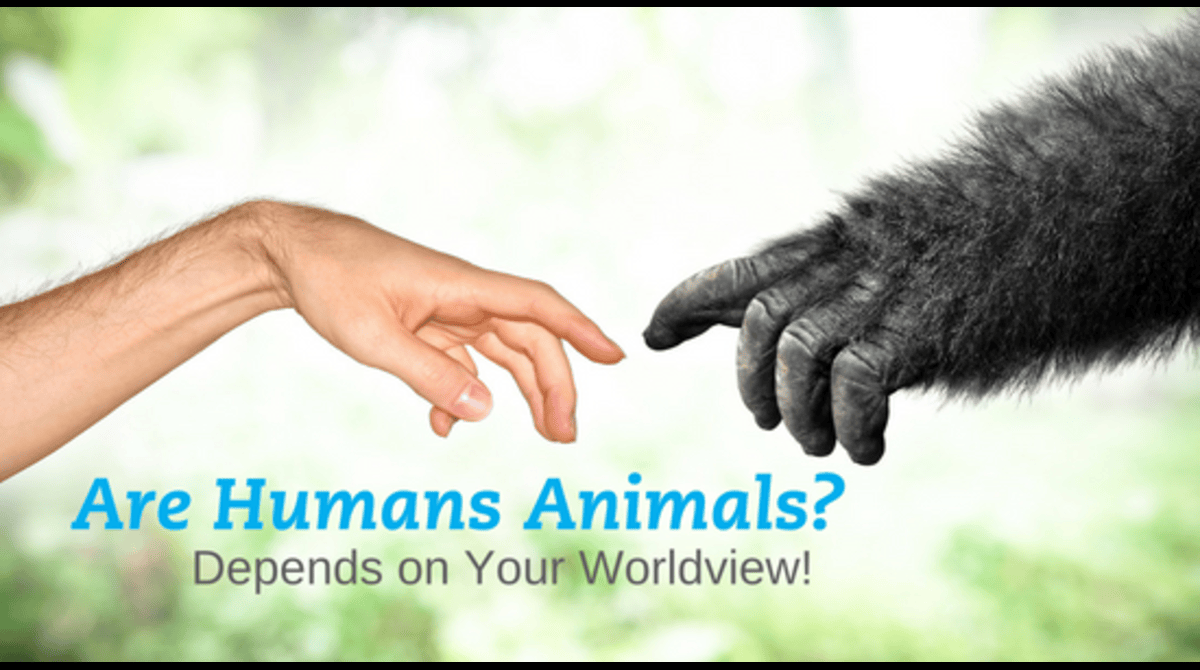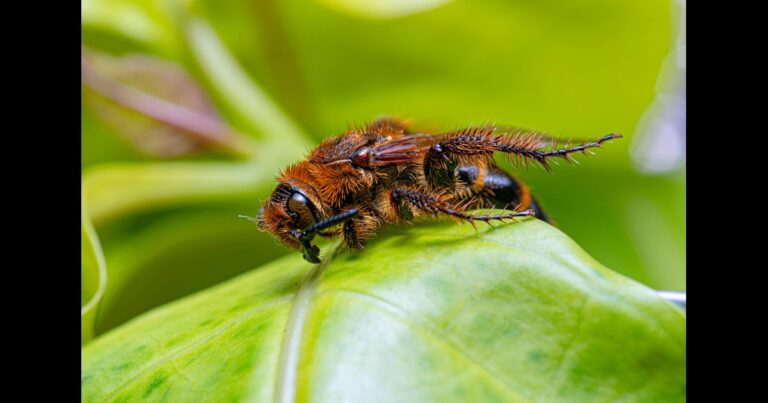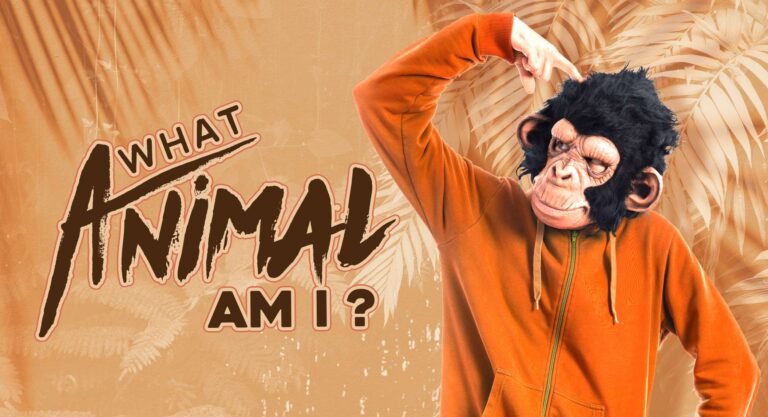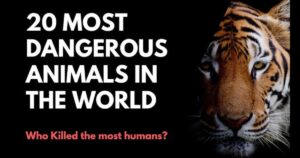Humanity has always managed to be confused over a question, one that has persistently crossed the minds of scientists, philosophers, and ordinary folks for many centuries: are humans animals? Believing and feeling that they stand quite differently from other creatures, human beings seem to be out of the animal kingdom. Nevertheless, biology has an interesting story to tell them-a story of sharing much of their biological makeup with the rest of the animal world. Is it indeed correct to call humans animals? Here, the question is explored in both its scientific and philosophical aspects.
What Does Science Say?
From the scientific standpoint, human beings fall under the category of animals. Further, from a more precise viewpoint, the human being is classified in the Animalia kingdom. Like other animals, humans have cells with a nucleus, and they are also multicellular. On movement, growth, and reaction to the environment, we fit well within the animal kingdom.
Humans also exhibit many traits with mammals, a class of animals comprising such species as lions, dolphins, and monkeys. The human is warm-blooded, births live young, and nurses its young. Thus, all mammals exhibit the key traits of humans, and they fall within this class.
What Defines Mammals?
Humans are animals, but with a difference; we can develop features quite unlike those existing in other animals. One of the most dominant differences is advanced brain development. Human brains feature complicated thought, language, and reasoning that distinguish between the entirety of humankind and all other animals. The artworks created, the technology developed, and then eventually civilizations built emphasize the differentiation.
Another characteristic peculiar to man is self-awareness. Although some animals can depict self-recognition, man is more conscious than them. The ability to reflect on our actions and existence makes it often regarded as a distinguishing feature of humanity.

FAQ About Humans as Animals
1. Does humanity belong to the primate family?
Yes, mankind falls into the category of the primate family. In this family are the apes, monkeys, and lemurs. We all have a common ancestor.
2. How closely do people relate to other animals?
Humans consider sharing 98% of DNA with chimpanzees, therefore being our closest living relatives. However, another part of the population holds DNA in relation with some animals like mice or dogs.
3. Why do some people think that humans are not animals?
One of the things people believe in is that humans are unique because of culture and religion. This brings people to conclude that humans are not animals, but due to scientific evidence, humans are classified as animals.
The Theory of Evolution
Evolution has a significant role to play in explaining why humans fall into the category of animals. According to the theory of evolution, it states that human beings evolved from a common ancestor that they share with other primates. Over millions of years, our species developed traits that helped us survive and thrive well in this world. We may not resemble our ancestors who were living on earth, but evolution portrays us as still belonging to the rest of the animal kingdom.
The theory of evolution by Charles Darwin revolutionized our position within nature. His research convinced him, and it convinced the rest of the world as well, that all life, including humans, evolved through the process of natural selection. This ensures that certain characteristics that are favorable for survival are passed down to successive generations. Humans are the result of the same forces of evolution that act upon all life on Earth.
Humans and Animals: What’s in Common?
Actually, humans do share many of their physical and behavioral characteristics with animals. Examples of such common characteristics are the basic needs-food, water, and shelter-shared by both human beings and animals. Similarly, both humans and animals share very similar biological systems like the circulatory, digestive, and nervous systems. These systems operate almost similarly in different species.
Another aspect that humans and animals have in common is their emotions. Many studies already proved that animals feel fear, happiness, and even grief. If people have more intricate emotions than animals, some common emotions that exist on the same level between people and animals can be cited. This emotional affinity is one of the reasons why people attach themselves to pets and other animals.
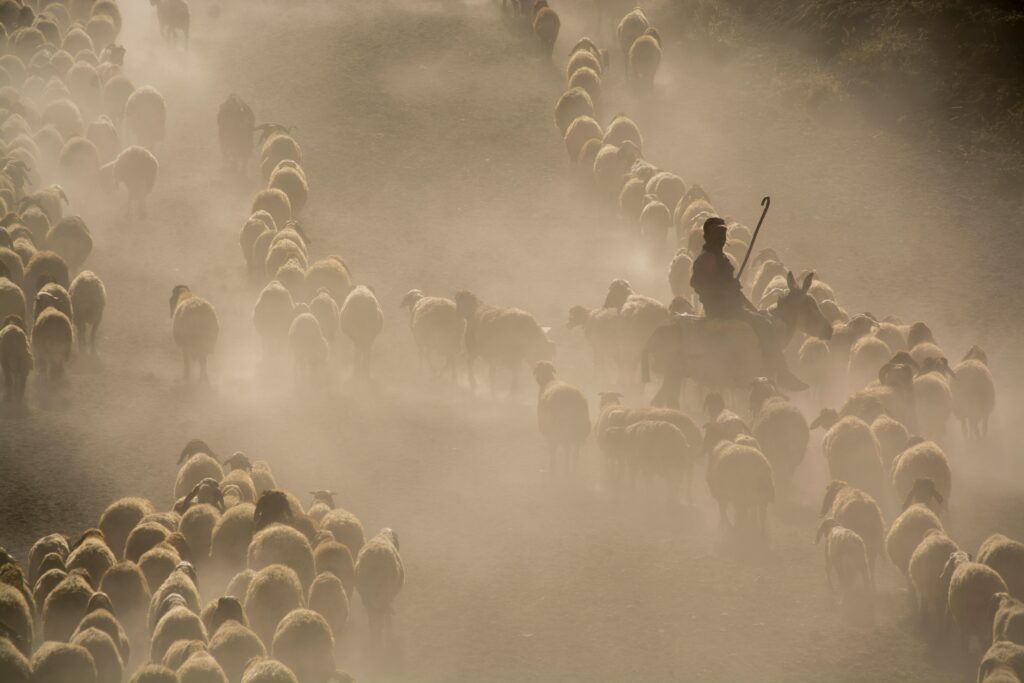
What Makes Humans Different from Animals?
Human beings are different from animals in many basic ways, despite their similarity in appearance. The ability to think abstractly has enabled us to devise solutions to the environment, formulate future plans, and design complex cultures. No other species of animals has built cities, written books, or sent people to the moon.
Humans have a moral and ethical view of the world too. We enact laws and logic upon whether this or that is right or wrong. We exercise justice, basically. Some species of animals exhibit social behavior and mutual cooperation, but human communities are much larger and far more organized.
Summary FAQs:
1. Are humans mammals?
Yes, of course, humans are mammals. They exhibit similarities, like warm-blooded, and they deliver their babies.
2. What is the difference between humans and animals?
Humans are evolved beings with the attributes of reasoning, language, and invention in achieving technology as well as art.
3. Why do men and animals share so much DNA?
There must have been common forefathers among all living things. Virtually, most of these characteristics have been passed on from one generation to another through the evolutionary mechanisms.
Philosophical Views of Men and Animals
Philosophically speaking, whether or not the human is an animal has always been debated. In many ancient civilizations, clear distinctions of humans from animals were noticed. For instance, in some cultures, a human was believed to be gods, or had very close, personal relations with gods or nature.
However, modern philosophy often supports the concept of continuity between humans and animals. Even brilliant minds such as René Descartes argued that though animals lacked reason, they still could feel and experience pain. Modern philosophers argue that humans are an animal but possess added capabilities.

Moral Considerations
One of the questions is more important: how we should treat other animals. If we are animals ourselves, is this in any way determinative over our attitudes toward animal rights? many argue that identifying with our characteristics with animals should provoke greater sympathy and tolerance with them.
The advocacy comes in terms of treating animals in a morally sound manner since they can feel pain too and suffer. There is indeed a fact that human beings are animals, which tends to challenge the traditional way in which we treat the natural world and other creatures.
Human beings as members of the ecosystem
Humans are not just animals but Earth beings. Similar to other animals, we are creatures that rely on the environment for survival. However, in contrast to most life forms, our impacts are powerful and have profound consequences on the entire ecosystems. Human activities like deforestation, pollution, and global warming have changed many Earth’s ecosystems.
We realize our position on earth as an animal and might turn out more responsible for the environment. For, we share earth with other billions of species co-habiting with us and our actions might help or harm them.
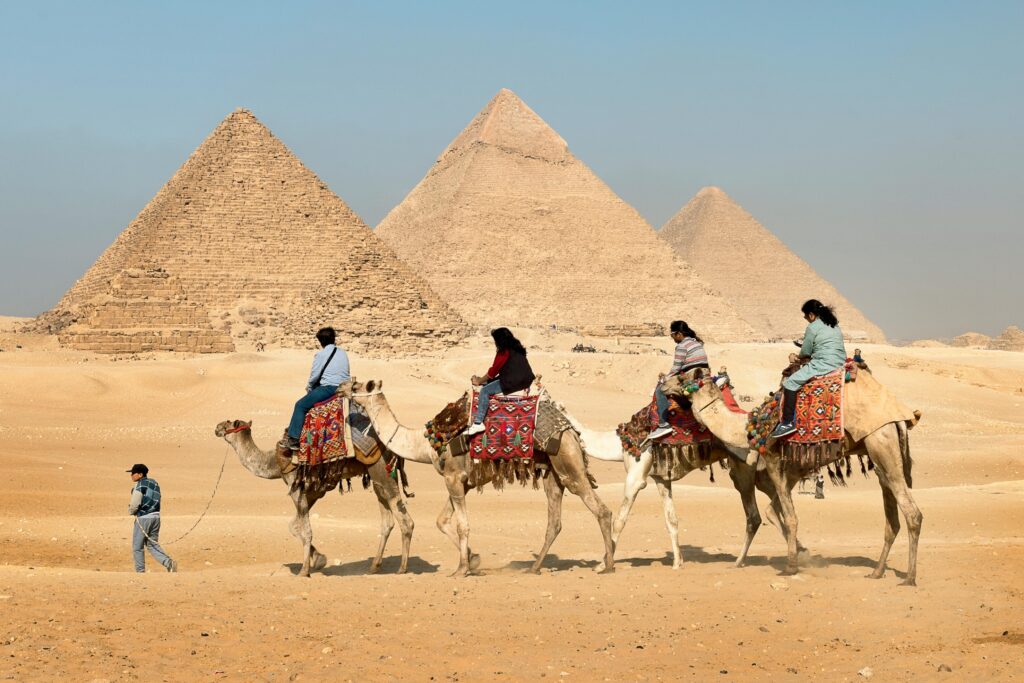
Are Humans Superior to Animals?
This is a pretty complicated question. Humans have done things that no other animal could do-think the technologies and the space explorations. However, that does not qualify them to say that they are the superior creations. Animals, for their part, make parades in areas where humans do not. For instance, birds can fly; cheetahs can run at incredible speeds; and dolphins actually communicate through complex vocalizations.
It is mainly based on human thinking. If we come to know that every species, just like us, has a specific aptitude and its unique feature, then the diversity of life on this earth would be appreciated.
Fun Facts About Humans and Animals
Humans and chimpanzees share about 98% of their genetic material.
The human brain is about three times larger than that of a chimpanzee.
Dolphins and humans are among the few species that can recognize themselves in a mirror.
The Future of Humans and Animals
Science will take our understanding of the relationship between humans and animals a long way forward. Discoveries in genetics, behavior, and cognition allow us a better understanding of what can be similar or different between species. The more we learn, the more we may appreciate our position within the animal kingdom.

Yes, humans are animals. From the biological aspect, we belong to the kingdom Animalia and have much similarity to others of these animals. However, it makes us unique from all the others by our complex thinking and expressions through language and being self-conscious. Though a human being may be somewhat unique, which has brought to them the greatest extent of differences, yet they have some deep roots left in the natural world.
Recognition of the fact that humans are animals leads to a better appreciation for both our similarities with and our differences from other species. More importantly, it can even inspire greater compassion, respect, and responsibility toward animals and the environment. Ultimately, understanding who we are to be successful in life leads us to understand ourselves and the world around us.

